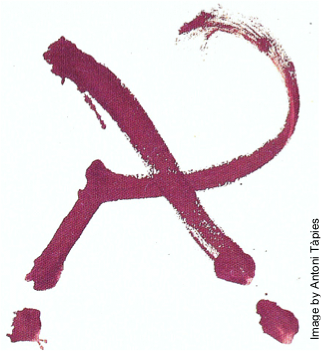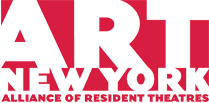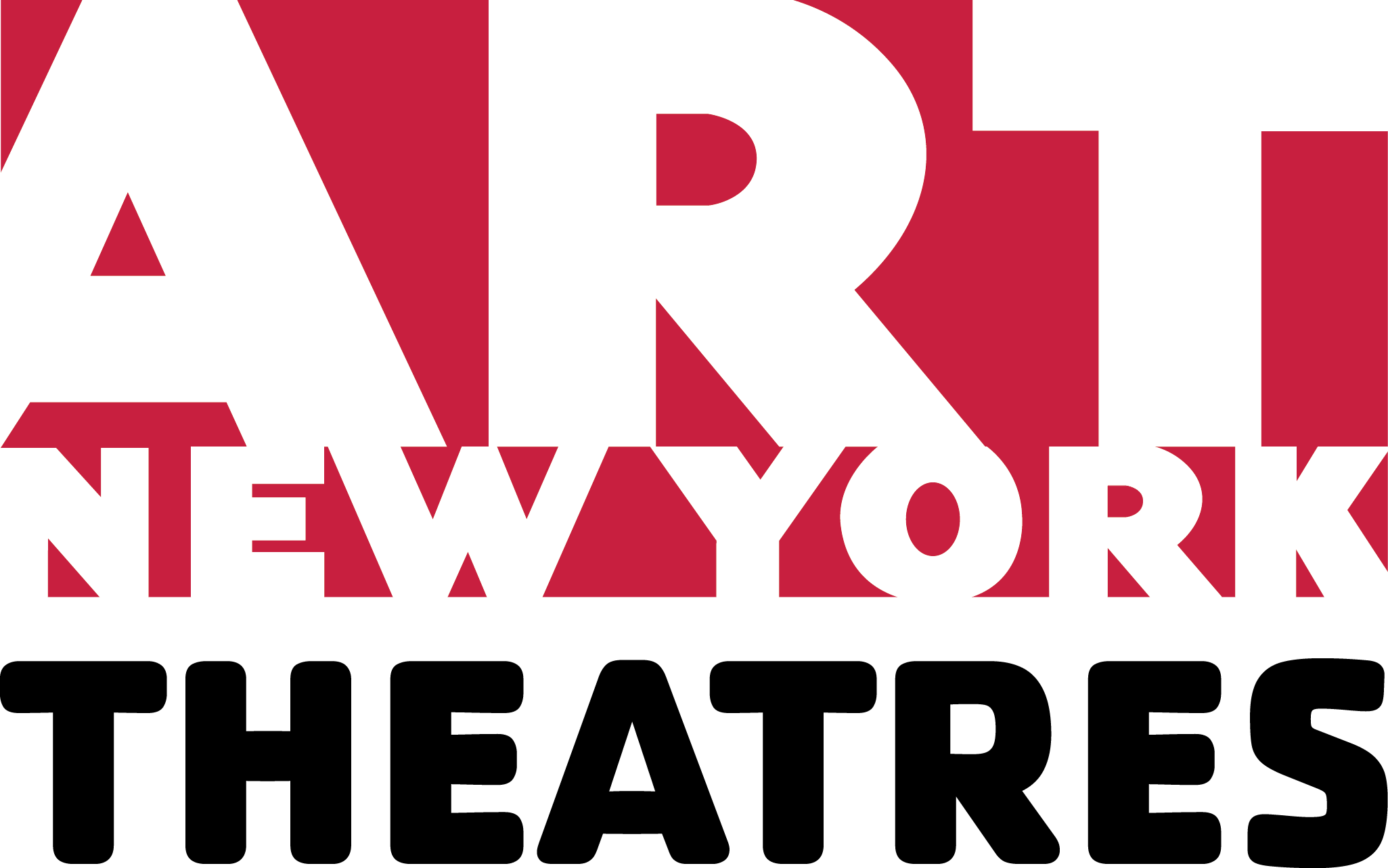- Accessibility
- Services
- Membership
- Grants
- Space
- Resources
- Podcast
- Ep.1, “OOBA // THEN AND NOW”
- EP 2, “SITI COMPANY // THE SUN HAS SET”
- EP 3, “LYNNETTE TAYLOR // WARRIOR LOVE”
- EP 4, “THE CAREGIVERS // BRINGING OUR WHOLE SELVES”
- EP 5, “TAVIA RIVÉE JEFFERSON // LAUNCH THE CLASS!”
- EP 6, "REBECCA KELLYG // HARMONIZING WITH THE SELF"
- EP 7, "THERESA BUCHHEISTER // THE ILLUSION OF STABILITY"
- EP 8, TECHNICIAN TRAINING // SENDING THE ELEVATOR BACK DOWN
- EP 9, NEW LEADERSHIP // TO BE OF SERVICE
- S2 EP1, "SAM MORREALE // MAKING THE REVOLUTION IRRESISTIBLE
- Support
- About Us
 QUESTIONS CONSIDERED
QUESTIONS CONSIDERED
ARTS Action Research
Do we need a ‘new model’?
“I don’t see it working – there’s got to be a better model, but what is it?” exclaimed the veteran artistic director of a well-respected New York theatre recently in casual conversation. It’s a question we encounter a lot from arts professionals of all generations and shades of experience. We never have to ask ‘what model?’ – it’s clear that all are referring to the organizational structure and format prescribed by the 501c3 legal structure.
In return, we find ourselves asking ‘did this model ever work in the first place?’ and more to the point, ‘what led anyone to believe that one structure or model could work for all?. A one-size-fits-all model in an industry of artists expected to be singular and distinct in vision, values and working processes is counterintuitive and defies logic. The only thing more dysfunctional than the model itself is the persistent notion that there is a model at all.
So our response is: “There is no model - old, new or otherwise”. There are always good examples of how other theatres work, but an example should never be mistaken for a model. The value of any example is the process employed not the end result. We believe that the only ‘model’ that is relevant is each theatre’s own singular mode of operating. That is, if a theatre’s leadership and collaborators believe that there is a singular voice and value in their work that deserves an audience’s attention then the way they make and produce that work – their own distinct artistic process – should reflect and express that voice and value and inform the way their entity is structured and operated.
In all of our work the artistic process of each individual client theatre serves not only as a centerpiece informing our work with that theatre, but is also a core value of ARTS Action Research. We have long observed and experienced that the artistic process is a unique combination of vision, creativity, intuition, and collaboration balanced with craft, technique, accountability, discipline, and use of time and resources. In a highly relative world, the artistic process is one of the few absolutes, irrespective of artistic discipline, style, size, age, locale or working format. The artistic process is the most effective planning, problem solving, decision-making, and relationship-building process available to any theatre.
While we can generally characterize the artistic process, it is different in precise application from one artist or arts entity to the next. No two artistic visions are the same, and likewise no two artistic processes are the same. The thing that makes the artistic process so rich and elegant is that each artist understands instinctually the critical elements of constancy and continuity that allow the work to emerge. And that constitutes a singular artistic process model for each theatre. Therefore the only relevant producing and operating model, old, new or otherwise, is the one informed by each theatre’s own singular artistic process.
Not only does the artistic process inform the appropriate producing and operating approach that best supports each theatre’s unique vision, but it also shapes the structure or format (501c3 or otherwise) that most effectively serves each entity. Operating formats and structures can increasingly be adapted and evolved to more effectively meet each entity’s specific needs now that more options are broadly available and there is a greater understanding of how structures can be customized to the specific needs of various missions.
We believe that there is little value in looking outward in search of a ‘new model’ that will somehow perfectly serve the needs of all arts entities and make them successful and sustainable. Instead, we see the healthiest organizations working creatively from inside – from their own artistic process – to create and align the constantly evolving structures and ways of working that most effectively serve their unique needs and goals.
Do you have questions in your organization or work that you would like to work with ARTS Action Research to explore and understand? AAR Associates are available to A.R.T./New York members throughout the year, conducting Nancy Quinn Program workshops and providing one on one consulting support through the Theatre Leadership Program. For more information about these programs, contact Ann Marie Lonsdale at A.R.T./New York.

